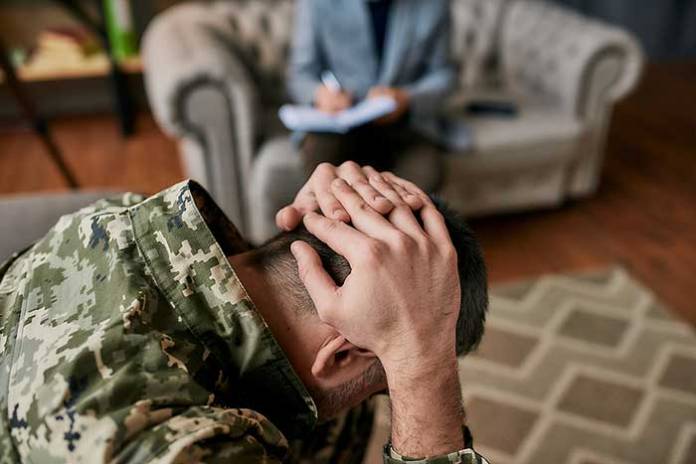
There are many reasons someone might struggle with post-traumatic stress disorder or PTSD. We often associate it with being involved in a terrorist attack or perhaps fighting in a war, but many other situations can trigger PTSD as well.
For example, when you hear people talk about pain and suffering stemming from a car accident, PTSD may be part of that.
If you care about someone who has PTSD, it can be stressful for you as well. You might not know what to say to them or how to help them, especially when they’re triggered.
The following are things to know to help someone with PTSD.
Understanding PTSD
If you love someone with PTSD, one of the first things you can do to help them is to learn more about it. By learning more and dispelling any myths you might believe to be true, you’re better prepared to be a good support system.
There are a lot of symptoms and complications that can come from PTSD.
If you learn more about the condition, then your loved one will see that it’s important to you to come from a place of understanding and that in and of itself will likely be helpful to them.
The more you learn, the more you understand what your loved one is going through.
As you research PTSD, you’ll learn more about some of the defining features of the mental health disorder.
For example, PTSD is often characterized by intrusive memories, avoidance of certain things that trigger the memory, and irritability or anger.
How to Talk to Someone with PTSD
If your loved one has PTSD, you may be unsure of how to talk to them about what they’re going through.
Just asking is a good starting point. Ask the person how you can be there for them and support them. Try to stick with open-ended questions, and don’t push too hard if there’s something they don’t want to talk about.
Rather than pressuring someone to talk about what they might be feeling or going through, it tends to be a better strategy to let them know you’re there and willing to listen whenever they’re ready.
How to Listen to Someone with PTSD
Many times we think we’re a good listener, but we aren’t. That’s okay, and it’s natural to have a hard time being a listener sometimes but learn how to do it for the sake of the person you love who has PTSD.
For example, don’t try to relate to what someone with PTSD is telling you. Instead, just be active in your listening. You don’t need to give advice and don’t try to minimize what they’re feeling or going through either.
Again, these are things we all often do, and they’re frequently well-intentioned, but perhaps not the best route to help someone with PTSD.
Do “Normal” Things
Someone with PTSD might not want to feel like it consumes their entire life, but it can be difficult to avoid that. You can help your loved ones by doing normal activities with them and things they enjoyed before their accident or the situation that triggered their PTSD.
For example, maybe you work out together, take walks, or just go to lunch or coffee on a regular basis.
A big part of PTSD recovery is learning how to once again do the things you enjoyed before the triggering situation. As an ally and support system, you can be an integral part of helping someone to regain a sense of normalcy in their life.
Build Trust and Consistency in Your Relationship
As someone deals with PTSD, it can feel like their life has been turned upside down. You can help them regain a sense of control and stability in their life by the things you do in your relationship.
For example, create routines that you follow. Make future plans, and keep your promises to the person you care about.
You can also empower your loved ones through your actions. Don’t do things for the person, but instead, encourage them to do them on their own.
Finally, triggers are a big component of PTSD, as has been touched on. A trigger can be anything—a person, place, thing, or just a general situation or scenario. Triggers can also be internal to the person dealing with PTSD.
Learn more about their triggers and help them cope if they face them.
Talk gently with your loved ones about their triggers, and create a plan together for what you’ll do to respond to them.











